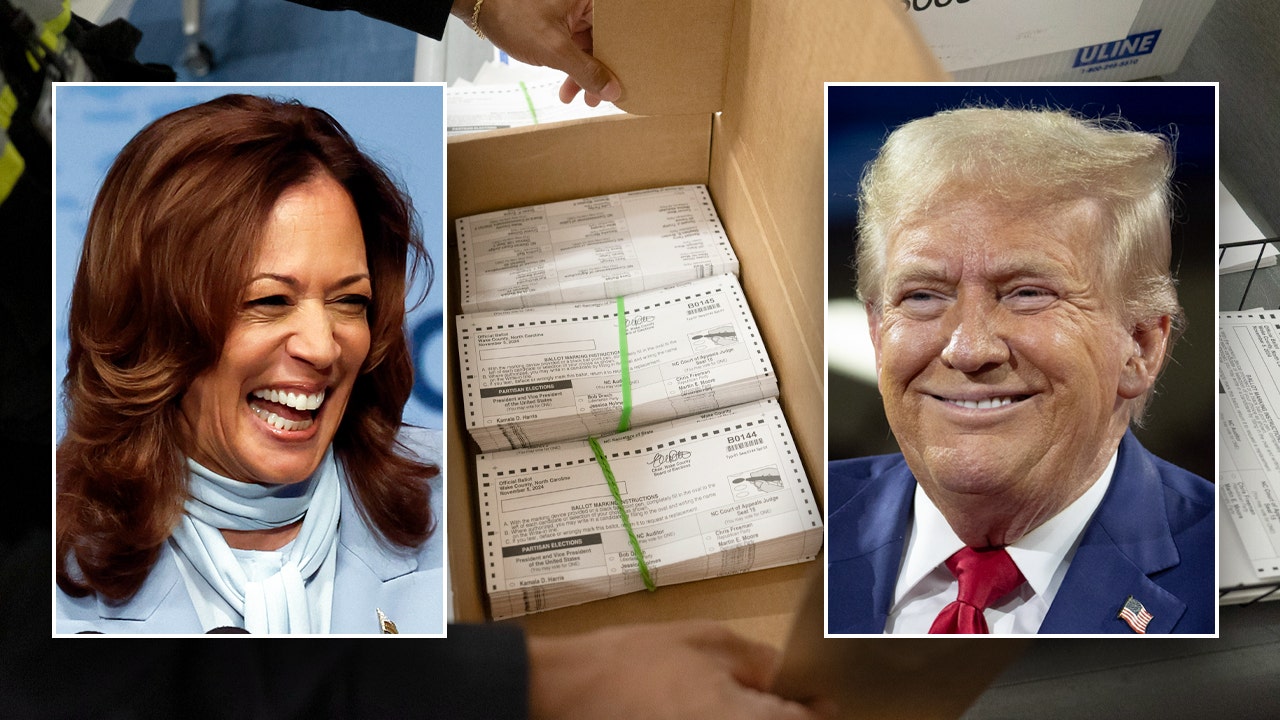Federal judges ordered Ohio Attorney General Dave Yost to stop blocking a measure that asks voters to ban qualified immunity for police and other government employees, but he plans to appeal, he said Thursday.
Yost said he’d seek a review by the full U.S. 6th Circuit Court of Appeals in Cincinnati after a divided panel issued its decision Wednesday, reversing a lower federal court ruling. The constitutional amendment would end qualified immunity, allowing people to sue over claims that police or government workers violated their constitutional rights.
NO CHARGES FOR FORMER OHIO HOUSE SPEAKER IN FEDERAL PROBE
The panel ordered the Republican attorney general to forward the proposal to the GOP-majority Ohio Ballot Board, which would decide if it represents one or more constitutional amendments. Once that’s determined, organizers could start gathering about 413,000 valid signatures of registered voters needed to qualify for the ballot. They face a July 3 deadline to file their petitions to get the question on the Nov. 5 ballot.
MARYLAND, USA – MARCH 04: Ohio Attorney General Dave Yost speaks at the Conservative Political Action Coalition annual meeting at Gaylord National Resort and Convention Center in Maryland, United States on March 4, 2023. (Photo by Celal Gunes/Anadolu Agency via Getty Images)
Yost has repeatedly rejected the petitions’ proposed summary language as not being a fair and accurate representation of what the measure would do. The panel found his actions constituted a “severe burden” on organizers when it comes to communicating with voters and meeting the filing deadline. They also rejected Yost’s argument that the case belongs to the Ohio Supreme Court.
Yost’s office issued a statement Thursday noting that the appeals court panel didn’t decide whether his decision on the summary language was correct. They said the request for a full court review would likely be filed Friday.
“If Attorney General Yost’s decision was correct, then the panel’s order is sending an unfair, untruthful summary out to present to voters,” said Bethany McCorkle, the office’s communications director. “Ohio has a compelling interest in a fair and truthful process.”




